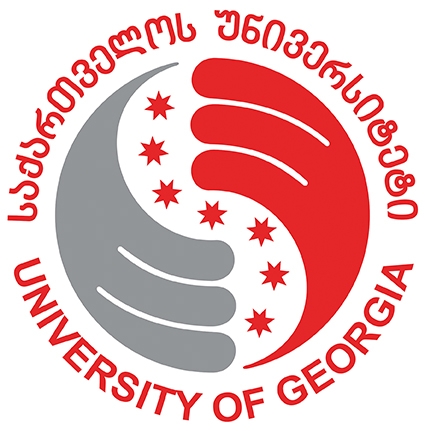UG to Host Conference on Tracking Russian Influence in Post-Communist Countries
Russia’s economic integration in Europe has grown considerably over the last decades, with many national markets in Europe having become heavily dependent on Russian energy supplies and financial resources, allowing Moscow to gain access to key decision-making bodies and processes. As a revisionist power, Russia represents a threat and a destabilizing power not only to western secular liberal democracies, but most noticeably to post-communist countries.
On June 17, the School of Social Science of the University of Georgia and New Economics School - Georgia will host an unprecedented conference on ‘Tracking Russian Influence in Post-Communist Countries.’
Within the framework of the conference, various issues will be discussed:
• Political and economic influence of Russia;
• Military and Hybrid influences of Russia;
• Culture, norms and values;
• Ways to address challenges.
The list of speakers includes heavyweights in the field, among them:
Michael Carpenter- Adviser of Ex Vice-President of US Joe Biden in International Relations, National Security Consultant at Lithuania National Defense Foundation, Director of Penn Biden Center for Diplomacy and Global Engagement.
Jeffrey Mankoff- Deputy Director and Senior Fellow at CSIS Russia and Eurasia Program, Ex Advisor of U.S-Russia Relations at U.S State Department, Expert in International Security and Russian Foreign Policy.
Brian Whitmore- Senior Fellow and Director of the Russia Program at the Center for European Policy Analysis, Senior Russia Analyst for Radio Free Europe/Radio Liberty. Lecturer at Mechnikov National University in Odessa.
Luke Coffey- Director of the Allison Center for Foreign Policy Studies at the Heritage Foundation, Ex Senior Adviser of Secretary of State for Defense of UK, Author of the book: “NATO-Georgia: U.S and European Interest”.
The International Relations Department of the University of Georgia has been working on the scientific research ‘Russia’s Economic Footprint in Georgia – a Tool for Political Influence’ for a year, a study that strives to expose the economic influence of Russia in Georgia, its effect on political decisions and communication strategies. The first phase of the research will be presented at the conference.
During the study, the School of Science of the University of Georgia was visited by representatives of the New York Times, Harvard University Davis Center for Russian and Eurasian Studies, Center for Strategic and International Studies, Atlantic Council and others.
The final results of the research will be presented at the Atlantic Council and the Center for Strategic and International Studies- CSIS.











